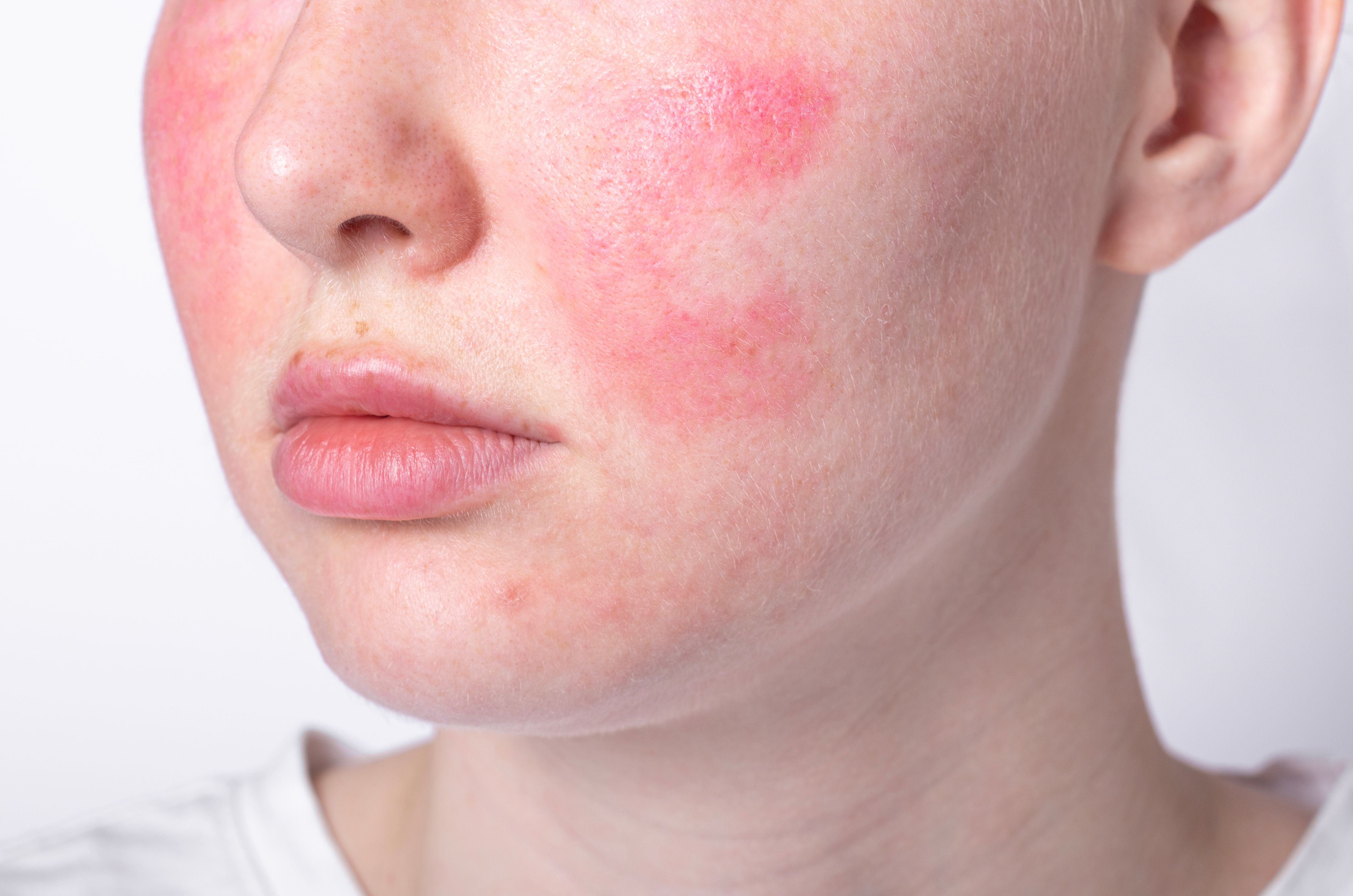- Acne
- Actinic Keratosis
- Aesthetics
- Alopecia
- Atopic Dermatitis
- Buy-and-Bill
- COVID-19
- Case-Based Roundtable
- Chronic Hand Eczema
- Chronic Spontaneous Urticaria
- Drug Watch
- Eczema
- General Dermatology
- Hidradenitis Suppurativa
- Melasma
- NP and PA
- Pediatric Dermatology
- Pigmentary Disorders
- Practice Management
- Precision Medicine and Biologics
- Prurigo Nodularis
- Psoriasis
- Psoriatic Arthritis
- Rare Disease
- Rosacea
- Skin Cancer
- Vitiligo
- Wound Care
Article
Ivermectin effective for rosacea
Topical ivermectin cream 1 percent has shown safety and statistically superior efficacy versus vehicle as early as week two of treatment in phase 3 trials.

Linda Stein Gold, M.D.Orlando, Fla. - A topical ivermectin preparation for rosacea (ivermectin cream 1 percent/CD5024, Galderma) has shown statistical superiority over vehicle in results from two phase-3 trials.
Ivermectin attacks Demodex folliculorum, which may trigger immune responses in patients with rosacea, says Linda Stein Gold, M.D., director of dermatology research at Henry Ford Health System, Detroit, and the study’s lead investigator. Ivermectin also exerts anti-inflammatory activity by inhibiting proinflammatory cytokines. It’s unclear whether one or both of these mechanisms explains the drug’s efficacy in the phase 3 trials, says Dr. Stein Gold, who spoke at the Orlando Dermatology Aesthetic & Clinical Conference recently.
To compare the efficacy and safety of the ivermectin cream against those of its vehicle, investigators conducted two identical phase 3 clinical trials in patients with moderate-to-severe papulopustular rosacea and (study 1 = 683 patients, study 2 = 688 patients). A second safety phase was conducted with azaleic acid as a comparator.
For the trial’s first phase, patients in each group - randomized two to one in double-blinded fashion with vehicle-treated patients - applied the cream once daily for 12 weeks. Investigators evaluated their progress at weeks two, four, eight and 12.
Mean lesion counts at baseline were 31.9 and 32.9 in groups 1 and 2, respectively. At week two, treated patients’ mean lesion counts declined approximately 9 percent overall, versus slightly more than 5 percent in the control groups (p <0.001 in group 1; p <0. 0.05 in group 2). By week 12, mean lesion counts fell 20.5 and 22.2 percent in groups 1 and 2, respectively, versus 12.0 and 13.4 percent for control patients (p <0.001 in both analyses. Publication pending, J Drugs Dermatol. March 2014).
“When we looked at those patients investigators judged to be clear or almost clear, we saw statistically significant improvement in treated patients as early as week four (p <0.05), and that also continued. By the end of 12 weeks, 38.4 percent in group 1 and 40.1 percent in group 2 were clear or almost clear (p <0.001),” Dr. Stein Gold says.
Overall, she says, “The efficacy data were a pleasant surprise. I didn’t expect to see such dramatic improvement so rapidly, and so consistently, in treated patients.”
Next: Tolerability was also impressive
The treatment’s tolerability also was impressive, she says.
“People who have rosacea are exquisitely sensitive to topical medications. And we saw that the medication was tolerated as well as the vehicle, or better,” she says. “Only 2.5 percent of ivermectin-treated patients had treatment-related dermatologic adverse events (AEs), compared with 6.3 percent in the vehicle group.”
Rates of other AEs were similar between the vehicle and ivermectin. For example, overall AE rates were 38.0 and 38.5 percent, respectively.
The second phase of the study involved a nine-month, investigator-blinded treatment period in which patients who had previously used the vehicle instead used azaleic acid 15 percent gel twice daily. As in part one, overall AE rates were nearly identical (59.9 percent for ivermectin versus 59.6 percent for azaleic acid), and the treatment-related dermatologic AE rate in the ivermectin group was much lower (1.3 percent versus 5.3 percent for azaleic acid).
“What makes ivermectin interesting is that it’s a new approach to rosacea,” she says. To date, medications approved for this condition include topical metronidazole, brimonidine and azelaic acid, and oral doxycycline (at anti-inflammatory doses). The difficulty of treating rosacea frequently requires combining topical and oral approaches, she adds.
Regarding potential drawbacks of the new 1 percent ivermectin cream for rosacea, she says, “I don’t see any yet.”
Disclosures: Dr. Stein Gold is an investigator and consultant for Galderma and Stiefel. She is also a consultant for Allergan and Valeant and a speaker for Ranbaxy and Promius.
More on rosacea and rosacea treatment
Newsletter
Like what you’re reading? Subscribe to Dermatology Times for weekly updates on therapies, innovations, and real-world practice tips.














